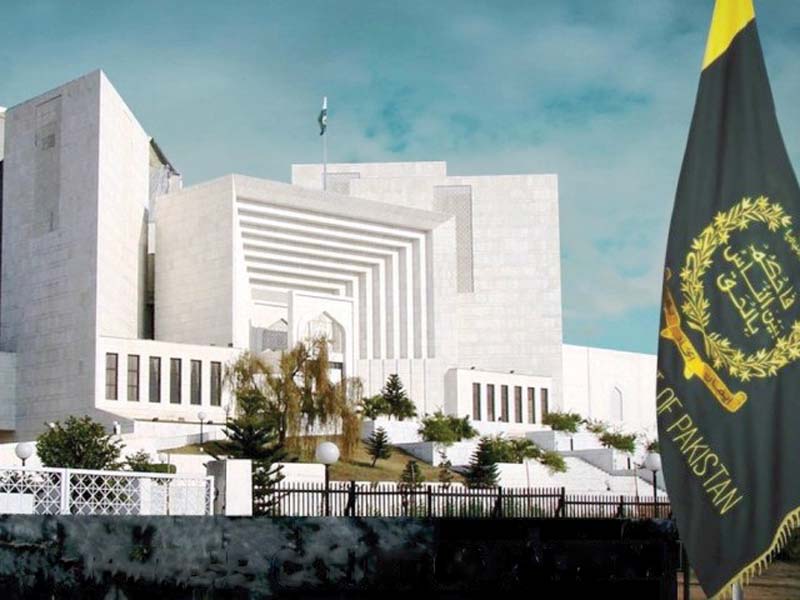
The Supreme Judicial Council (SJC) would initiate the trial of two judges of the Islamabad High Court (IHC) on April 3 (tomorrow), sources said. The attorney-general is learnt to have already proposed summary trial of both the judges.
One of the IHC judges is urging the SJC to hold an open trial. He contends that his in-camera trial will be a violation of Article 10-A of the Constitution.
After the recusal of a senior law officer, the AGP office is considering to engage a private counsel as prosecutor in both cases. The AGP office is learnt to have framed seven charges against both accused judges.
Interestingly, the council will try judges after a gap of four decades. The council has not initiated trial of any superior court judge since 1971. The SJC is also expected to take up cases against two judges of the Lahore High Court (LHC) and a Sindh High Court judge this month. Khawaja Haris is expected to represent the two LHC judges.
Panamagate case verdict expected by mid-April
The apex court is also expected to announce its verdict on the Panamagate issue. The Supreme Court reserved its verdict on February 23 with the lead judge, Justice Asif Saeed Khosa, observing that a short order was not possible because of the case’s sensitivity.
Delay in the announcement of the judgment in this regard had made most politicians anxious as their future course of action relied on the outcome of the judgment.
“This case is testing for the superior judiciary as the top judges are adjudicating the issues, which are not only constitutional but also populist in nature too,” says Mahmood Awan advocate.
Awan said that people were raising serious questions on the superior judiciary’s conduct in connection with the acquittal of former religious affairs minister Hameed Saeed Kazmi, granting of bail to supermodel Ayyan Ali, Dr Asim Hussain and Sharjeel Inam Memon.
182 Pakistanis named in Panama leaks untraceable
Likewise, some political leaders, especially those belonging to the small provinces, are expecting the superior judiciary to extend its jurisdiction for giving verdict against Prime Minister Nawaz Sharif in the Panamagate case.
On the one hand, bars are calling for the superior judiciary’s self-accountability, while on the other they are opposing the trial of judges on the basis of errors in their judicial verdicts.
In view of the prevailing situation, it seems the judiciary itself is on trial, said a senior law officer.
However, legal experts believe most competent and credible judges in Pakistan’s judicial history are dealing with both matters.
It is learnt that the judges on the bench are giving their individual input in writing, keeping in view the importance of the case.
“Normally, one judge writes [a] judgment and fellow judges endorse it. Here, all members of the larger bench are writing personal notes,” one of the sources said.
To keep things airtight, a member of the bench was reportedly writing the judgment on his personal laptop.
Meanwhile, the Pakistan Tehreek-e- Insaaf (PTI) started expressing concern over the delay in the announcement of the judgment in the Panama Papers case.
Legal experts contend that the Sharif family might face trouble over concealment of facts, as everyone wants to know how the judgment treated the prime minister in this case.
“I think the Sharif family made a big mistake by delaying the matter. Since April last year, they had ample time to sort out the issue, but they unnecessarily delayed it,” a member of the PML-N’s legal team said. Senior PML lawyers are accusing two key ministers of spoiling the case.


1719660634-1/BeFunky-collage-nicole-(1)1719660634-1-165x106.webp)

1732276540-0/kim-(10)1732276540-0-165x106.webp)




1724249382-0/Untitled-(640-x-480-px)1724249382-0-270x192.webp)







COMMENTS (3)
Comments are moderated and generally will be posted if they are on-topic and not abusive.
For more information, please see our Comments FAQ